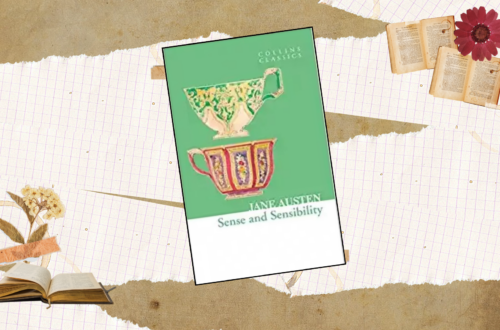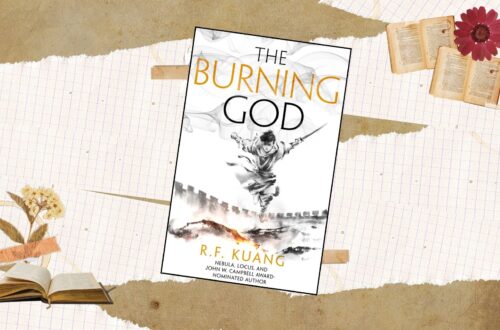This was a pretty difficult read.
Given the history of the author, it’s easy to surmise that Sylvia Plath’s The Bell Jar isn’t just some detached piece of literature; it’s eerie how likely it is that the musings of our narrator, Esther, were articulated through Plath’s thought process in how she perceived the world.
I felt like the sheer reality of this narrative was terrifying. It perfectly captures the feeling of being left behind, trapped in a stagnant bubble while the rest of the world moves forward. There’s no plot, just the snowballing feeling that the narrator could be doing something else, yet not at the same time. It’s suffocating how much the narrator has the power to turn this around, but for reasons of depression, she can’t bring herself to. As given by the title, Plath describes this feeling through the metaphor of the bell jar: it traps Esther and alienates her from others.
Esther is brilliant, smart, and seemingly successful, yet she’s painfully aware of how much this success is merely perception and not actuality. This, coupled with a sense of remorse for herself and everyone else who supports her due to her own perceived superficiality, leads her to act drawn out of society. Her narrative is out of key, detached from emotional exchange; her observations are like those of a person not in the scene themselves but observing from afar.
Objectively, this is a good book. The impact it has on people is immeasurable. Subjectively, though, it was painful to get through, especially since the stagnant tone of the narrator is so relatable and hits you in all the painful spots.
~ 4 stars





